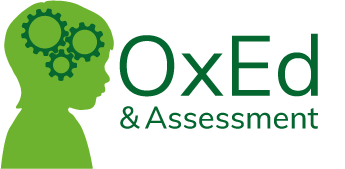Oral language is the key that unlocks learning
Prioritising oral language in the early years helps remove barriers to success. In this article for Teach Early Years, Prof Charles Hulme explores why it matters and how to support all children.


Strong oral language skills are extremely important for children’s early development. How can you learn if you don’t understand what your teacher is telling you? What if you don’t have the words to express your questions in class?
In this article for Teach Early Years, our Founder and CEO, Prof. Charles Hulme, explores the importance of oral language to learning to read and what early years practitioners can do to foster oral language development.
66% of children with poor language skills at three and a half had poor reading skills aged eight, highlighting just how important a focus on oral language is in the early years.
As well as exploring the research, Charles provides suggestions for fostering a language-rich environment such as:
- Modelling effective communication by narrating actions
- Incorporating storytelling and singing
- Providing opportunities for role-play
- Adding copies of books you are using to your reading corner
- Labelling key vocabulary on activity stations
He also highlights how evidence-based interventions such as the NELI Programme and NELI Preschool provide an intensive focus on vocabulary, narrative skills and active listening, without which those with the weakest oral language skills would be unlikely to catch up with their peers.
“Many cases of language delays are “hidden”; children may be quiet but understand very little of what is being said to them.” Prof. Hulme writes. “Implementing a universal, standardised screening programme, provides a baseline against which educators can measure children’s language development over the year and ensure no child is being overlooked.”
Cultivating a language-rich environment supports every child’s early development, laying the foundation for literacy, learning, and self-expression.
